Recently, industry bodies including Allianz pro Schiene, an association that promotes rail as a safe and environmentally friendly transport option and that counts 24 non-profits and 150 rail industry companies as its members, called for more measures from the German government to support the sector through the coronavirus pandemic.
Our editor Josephine Cordero Sapién interviewed Allianz pro Schiene’s Executive Director Dirk Flege to find out more.
Railway-News: The coronavirus pandemic – Allianz pro Schiene, together with the Netzwerk Europäischer Eisenbahnen, the Verband Deutscher Verkehrsunternehmen and the Verband der Güterwagenhalter in Deutschland, says the German federal government must do more for the rail freight sector. You suggest a ‘stability fund’. Who specifically is it meant to support? What are the major challenges for rail freight during this pandemic?

Dirk Flege
Dirk Flege: The federal government rightly expects rail freight undertakings to reliably ensure the supply of vital goods to the population. The sector must fulfil this important task, even when fluctuations in demand caused by the coronavirus create high additional costs without corresponding increased earnings. The sector has fully met the high, but well-justified expectations of government. The rail freight sector is a stabilising factor in this crisis.
There must be compensation for this effort. The German government has provided general support to companies across all industries with measures to secure liquidity. This is important, but it’s not enough. There must also be a stability fund that comes into effect when a crisis creates additional burdens. These include things like storage and interim parking costs. Allianz pro Schiene, along with other associations, suggests that the financial framework for the stability fund should be in the region of several hundred million. The exact figure would depend on the duration and severity of the crisis as well as on the restrictions.
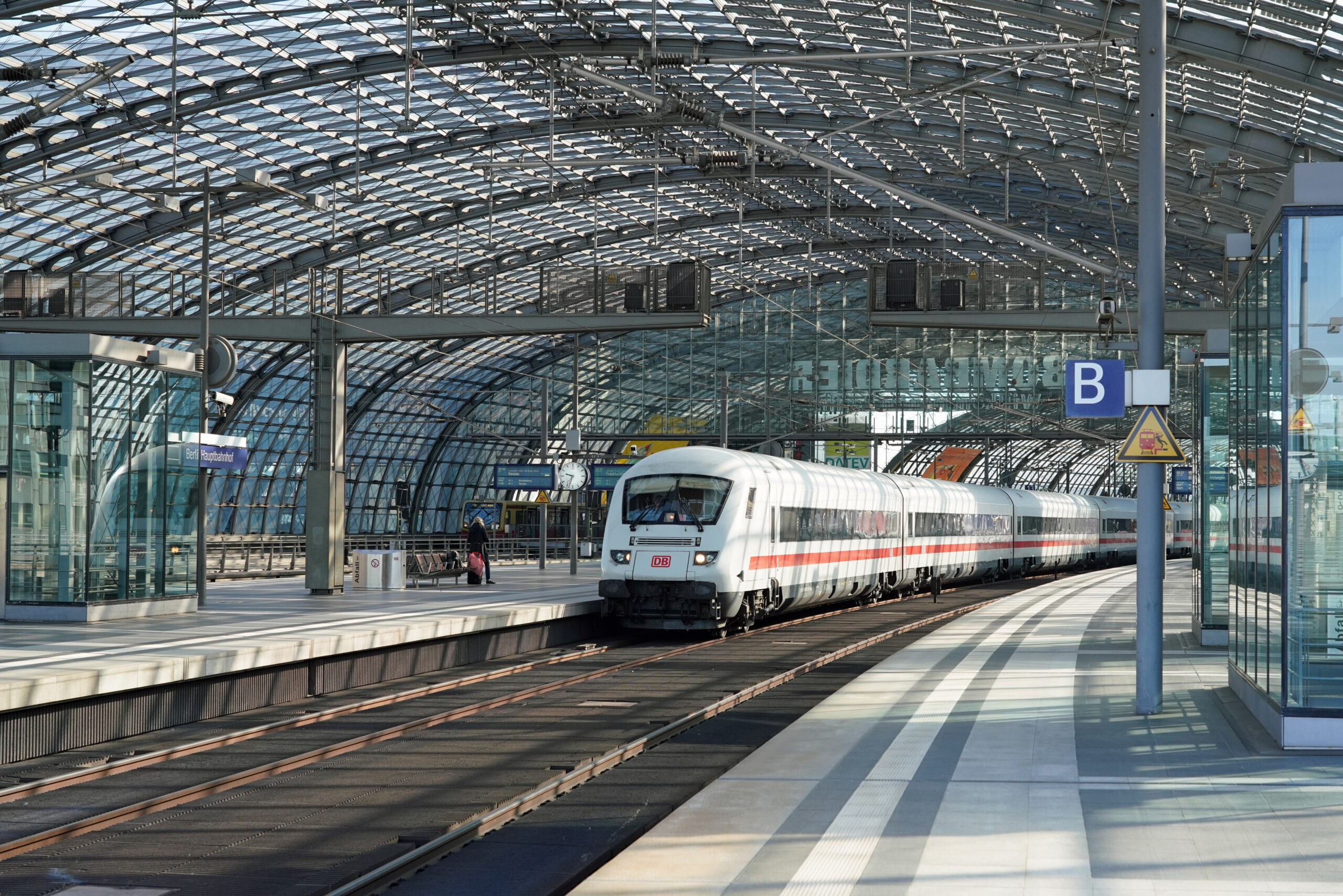
Berlin Central Station during the coronavirus pandemic
© Deutsche Bahn AG | Volker Emersleben
RN: Germany is setting a positive example in that railway undertakings don’t have to pay cancellation fees for services not run. But you’re also of the opinion that the federal government should increase its funding of track access charges to 100 percent. The ERFA and UIP have demanded the same from the European Commission. Has progress been made here?
DF: The conversations are taking place on the political level. And we can feel a lot of support for our requests, both nationally and on the European level. In Germany in particular the automobile lobby is very powerful. That’s why we have to continue fighting for government to pay sufficient attention to rail as an environmentally friendly mode of transport as it makes decisions about the crisis measures. The demand that the track access charges subsidy is increased from, currently, 47 percent to 100 percent and that this is done quickly is one of the top 3 industry demands in response to the coronavirus crisis. It is a way for government to provide targeted support for rail transport from the existing budget.
RN: You also say that electricity costs are a financial burden for railway undertakings and that they mark a loss of competitiveness, since the fall in the oil price benefits lorries. Can you say a bit more about what you propose here?
DF: The coronavirus crisis has led to massive distortions on the international oil markets. This is pushing down prices for petrol and diesel to levels we’ve not seen in years. Government must prevent the environmentally friendly rail freight sector, which runs almost entirely on electrified track, to be at a financial disadvantage. Quite generally, and regardless of the current crisis, it is important to get rid of competitive disadvantages for the rail sector that exist in the form of fees and taxes on energy. Railway undertakings pay an electricity tax, a green tax, a renewable energy contribution and they have to pay for 100 percent of the carbon dioxide certificates in emissions trading. That’s a substantially greater burden than competing transport modes endure. Therefore the federal government must reduce the tax and fee burdens in these areas. They are currently hitting electrified rail freight undertakings twice as hard in light of the significant drop in diesel prices.
RN: Rail freight undertakings have some advantages: border crossings are easier to navigate and the operators require much less staff for the same amount of freight. Will this crisis have a lasting effect on a shift from road to rail for freight?
DF: I very much hope so and I think so, too. The crisis has once again highlighted the advantages of rail freight. The main advantage of rail freight, in both normal times and during this crisis, is that it can transport large volumes with comparatively little effort. Under regular circumstances the good environmental credentials are particularly important. During the coronavirus crisis the low staffing requirements are key. One freight train replaces 52 lorry trips, one train driver 52 lorry drivers. The border closures are also having a much smaller impact on rail transport than on road transport during this coronavirus crisis. Train drivers can switch at borders and the freight can continue its journey. Consequently, freight trains are ready to take over transports that lorries can’t perform anymore as a result of restrictions caused by the pandemic. They are also able to make additional capacities available in order to supply people and business during this extreme situation. They therefore ensure that the vital supply of basic goods for the population and for the economy is maintained. That’s something government must take into account even after the current problems are overcome.
RN: What is the rail sector managing particularly well during this crisis – both freight and passenger rail?
DF: The rail freight sector can fully demonstrate its advantages during this crisis. When it comes to passenger services, the issue at hand is public health during the outbreak. Therefore we support the introduction of the measure to make wearing masks on public transport mandatory in Germany. It is important to us that this requirement is implemented uniformly throughout the country, meaning that there are no differences between the federal states, and that it applies to the entire public transport sector. This includes aviation, taxis and private vehicle services. Expanding public transport is an essential and central element of all policies to protect the climate. It is also necessary, in order to support quality of life, particularly in urban areas which suffer under high vehicle traffic. We have to be very vigilant that public transport does not emerge from the coronavirus crisis in a weakened state.
RN: What would you like to see for the future of rail transport in Germany and Europe? Do you think people will fly less and travel in more environmentally friendly ways instead?
DF: I’m convinced of that. If you look at the long-term trends, when it comes to long-distance journeys within Germany, German citizens are increasingly opting for environmentally friendly rail. Aviation, as the transport mode with a particularly big impact on the climate, is losing market shares. That’s evident from the data published by the Statistisches Bundesamt, which we evaluated for the five-year period from 2015 to 2019. Domestic flights were already on a downward trajectory prior to the coronavirus crisis. More and more people are opting for rail because they appreciate the advantages of travelling by rail and because they want to protect the climate. The coronavirus pandemic won’t change that in the long run. However, we’ve not made enough progress in order to double rail passenger numbers in Germany by 2030, which is the goal. After the coronavirus crisis, government must increase its efforts in order to drive forward the transport transition as promised.
RN: What, in your opinion, are the main issues that government must address with regards to rail transport in order to achieve the climate transition?
DF: Last year public pressure led to progress. The federal government decided to support environmentally friendly rail much more. But we’re still waiting for policies that set clear priorities and that give precedence to climate-friendly mobility. As long as this government supports all modes of transport, regardless of their consequences on the environment, it will continue to miss its climate goals in the transport sector.
Also read:
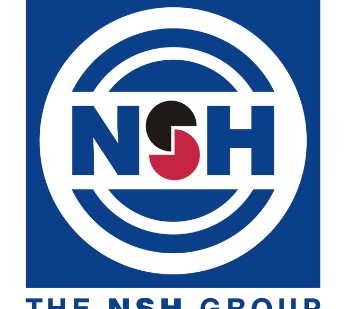




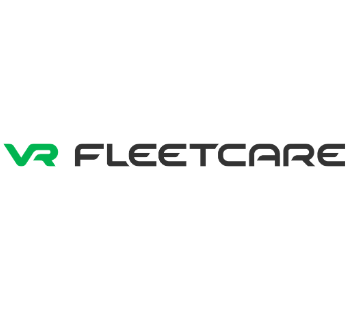


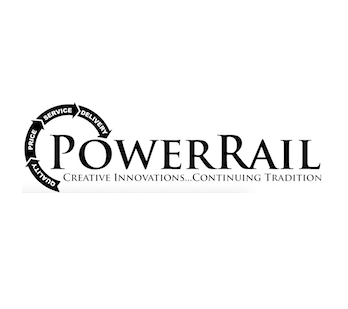


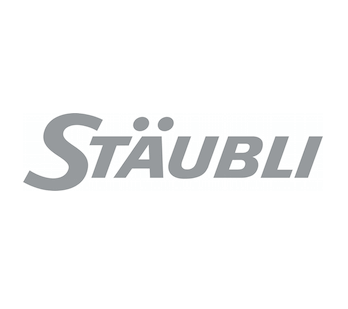
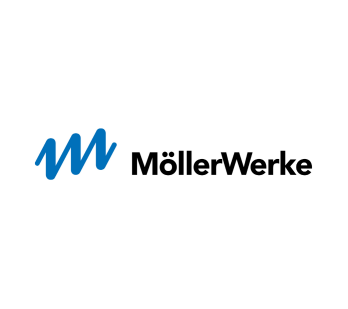
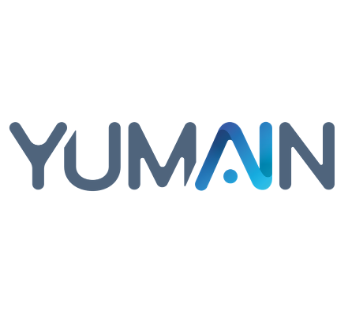

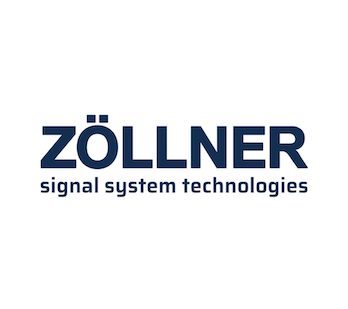



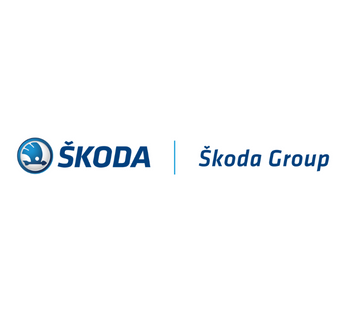

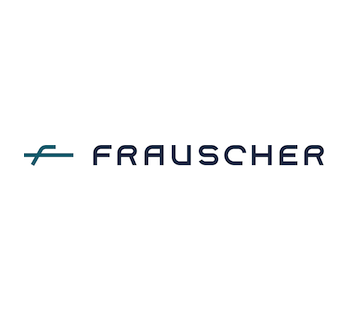
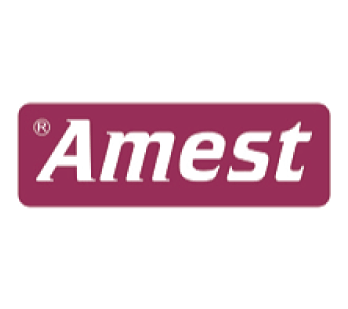
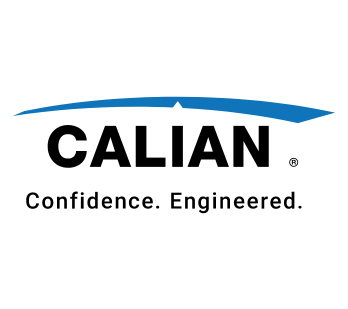

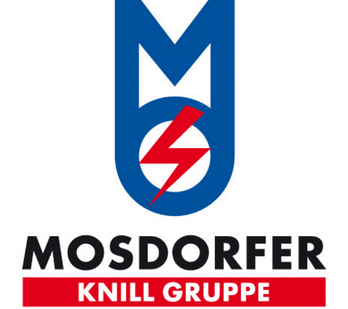



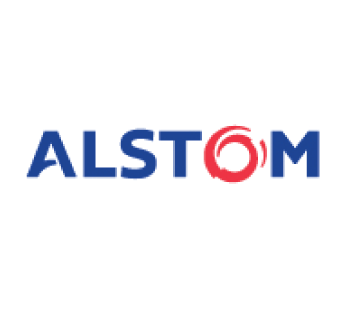

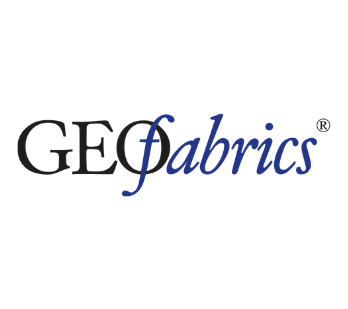


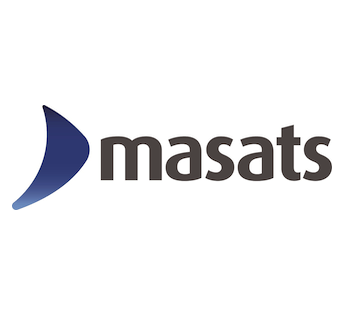
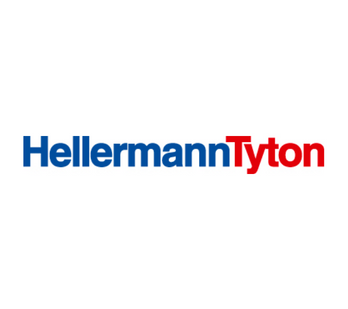

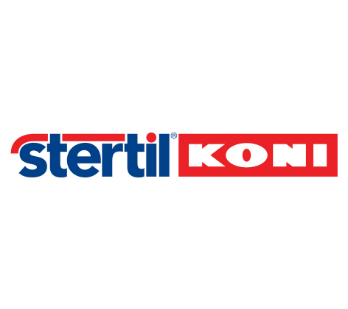
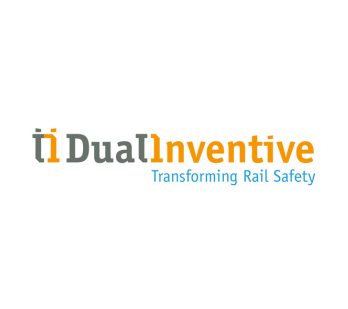
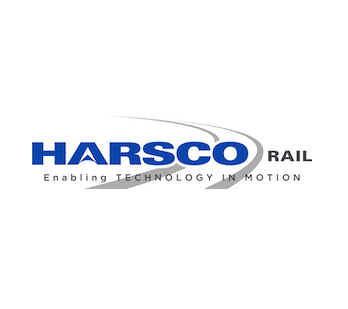
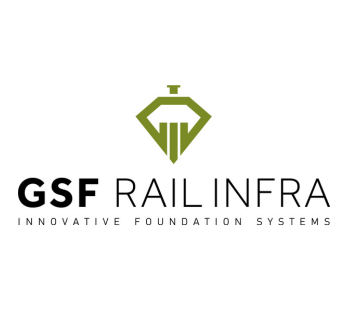
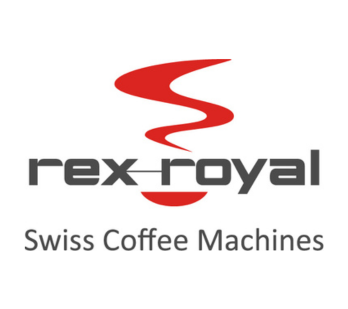

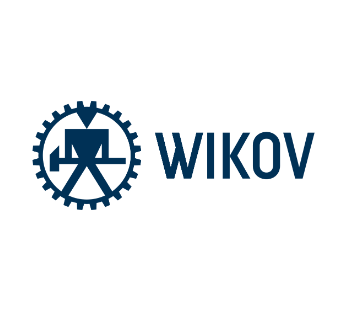







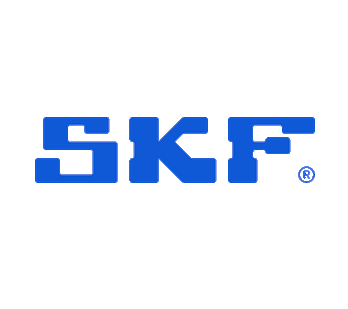
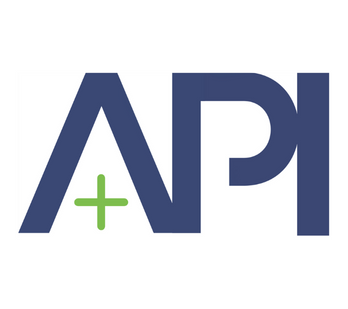
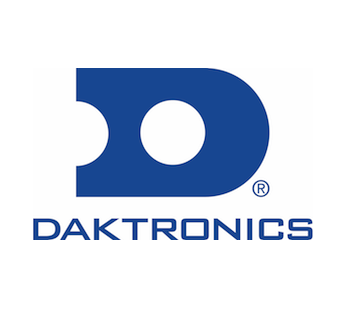

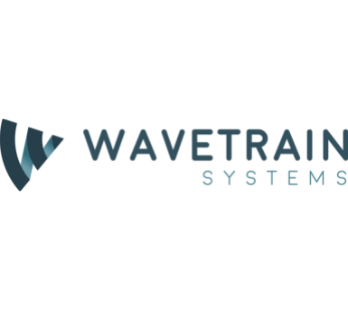

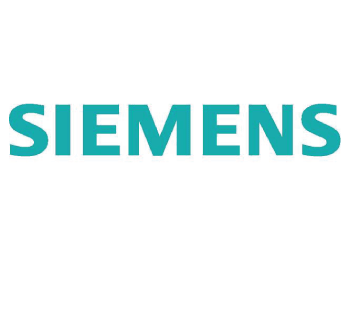
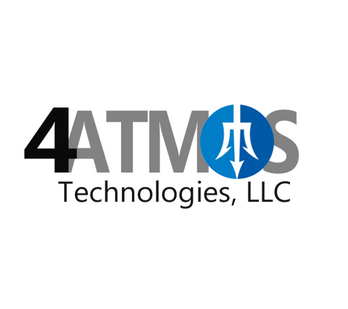

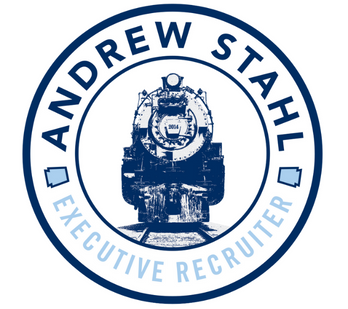
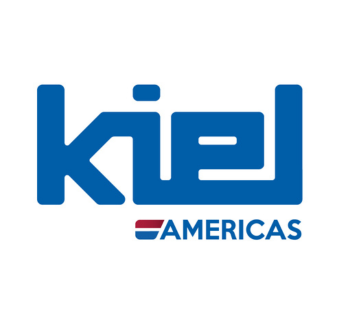

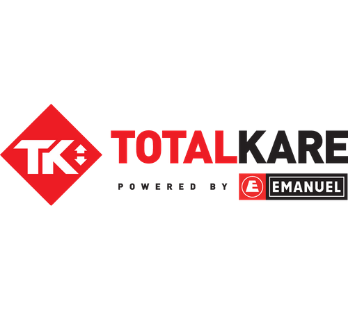





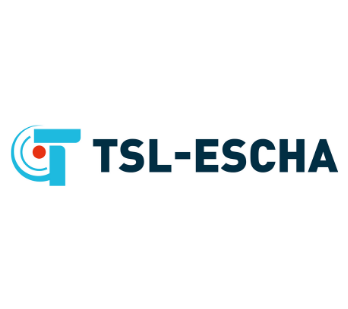
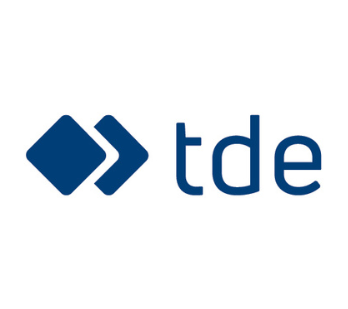
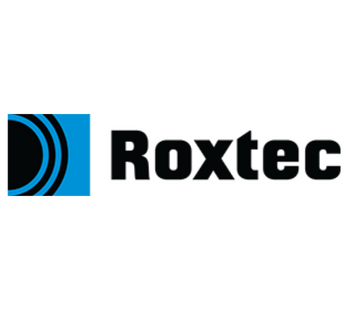






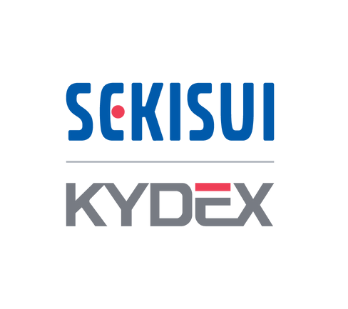

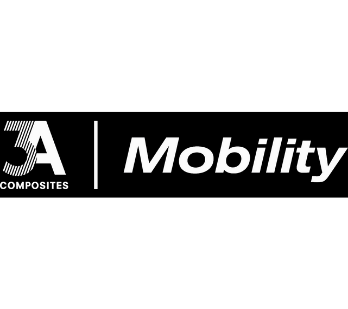
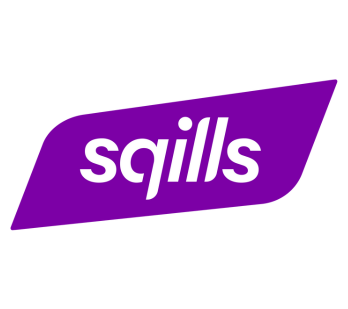


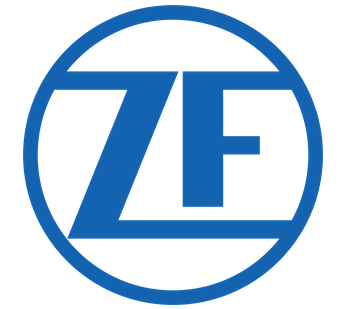

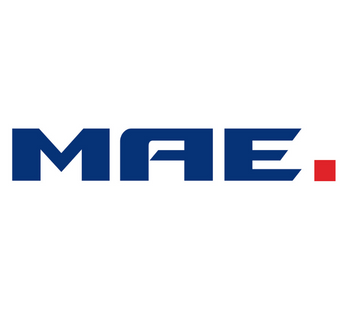



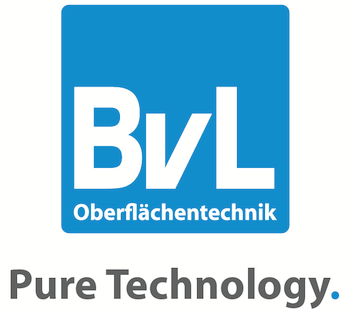



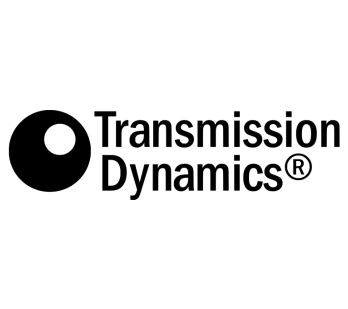




Comment
by Josephine Cordero Sapién
Published
19 May 2020
Tags
Allianz pro Schiene
Coronavirus
Recently, industry bodies including Allianz pro Schiene, an association that promotes rail as a safe and environmentally friendly transport option and that counts 24 non-profits and 150 rail industry companies as its members, called for more measures from the German government to support the sector through the coronavirus pandemic.
Our editor Josephine Cordero Sapién interviewed Allianz pro Schiene’s Executive Director Dirk Flege to find out more.
Railway-News: The coronavirus pandemic – Allianz pro Schiene, together with the Netzwerk Europäischer Eisenbahnen, the Verband Deutscher Verkehrsunternehmen and the Verband der Güterwagenhalter in Deutschland, says the German federal government must do more for the rail freight sector. You suggest a ‘stability fund’. Who specifically is it meant to support? What are the major challenges for rail freight during this pandemic?
Dirk Flege: The federal government rightly expects rail freight undertakings to reliably ensure the supply of vital goods to the population. The sector must fulfil this important task, even when fluctuations in demand caused by the coronavirus create high additional costs without corresponding increased earnings. The sector has fully met the high, but well-justified expectations of government. The rail freight sector is a stabilising factor in this crisis.
There must be compensation for this effort. The German government has provided general support to companies across all industries with measures to secure liquidity. This is important, but it’s not enough. There must also be a stability fund that comes into effect when a crisis creates additional burdens. These include things like storage and interim parking costs. Allianz pro Schiene, along with other associations, suggests that the financial framework for the stability fund should be in the region of several hundred million. The exact figure would depend on the duration and severity of the crisis as well as on the restrictions.
RN: Germany is setting a positive example in that railway undertakings don’t have to pay cancellation fees for services not run. But you’re also of the opinion that the federal government should increase its funding of track access charges to 100 percent. The ERFA and UIP have demanded the same from the European Commission. Has progress been made here?
DF: The conversations are taking place on the political level. And we can feel a lot of support for our requests, both nationally and on the European level. In Germany in particular the automobile lobby is very powerful. That’s why we have to continue fighting for government to pay sufficient attention to rail as an environmentally friendly mode of transport as it makes decisions about the crisis measures. The demand that the track access charges subsidy is increased from, currently, 47 percent to 100 percent and that this is done quickly is one of the top 3 industry demands in response to the coronavirus crisis. It is a way for government to provide targeted support for rail transport from the existing budget.
RN: You also say that electricity costs are a financial burden for railway undertakings and that they mark a loss of competitiveness, since the fall in the oil price benefits lorries. Can you say a bit more about what you propose here?
DF: The coronavirus crisis has led to massive distortions on the international oil markets. This is pushing down prices for petrol and diesel to levels we’ve not seen in years. Government must prevent the environmentally friendly rail freight sector, which runs almost entirely on electrified track, to be at a financial disadvantage. Quite generally, and regardless of the current crisis, it is important to get rid of competitive disadvantages for the rail sector that exist in the form of fees and taxes on energy. Railway undertakings pay an electricity tax, a green tax, a renewable energy contribution and they have to pay for 100 percent of the carbon dioxide certificates in emissions trading. That’s a substantially greater burden than competing transport modes endure. Therefore the federal government must reduce the tax and fee burdens in these areas. They are currently hitting electrified rail freight undertakings twice as hard in light of the significant drop in diesel prices.
RN: Rail freight undertakings have some advantages: border crossings are easier to navigate and the operators require much less staff for the same amount of freight. Will this crisis have a lasting effect on a shift from road to rail for freight?
DF: I very much hope so and I think so, too. The crisis has once again highlighted the advantages of rail freight. The main advantage of rail freight, in both normal times and during this crisis, is that it can transport large volumes with comparatively little effort. Under regular circumstances the good environmental credentials are particularly important. During the coronavirus crisis the low staffing requirements are key. One freight train replaces 52 lorry trips, one train driver 52 lorry drivers. The border closures are also having a much smaller impact on rail transport than on road transport during this coronavirus crisis. Train drivers can switch at borders and the freight can continue its journey. Consequently, freight trains are ready to take over transports that lorries can’t perform anymore as a result of restrictions caused by the pandemic. They are also able to make additional capacities available in order to supply people and business during this extreme situation. They therefore ensure that the vital supply of basic goods for the population and for the economy is maintained. That’s something government must take into account even after the current problems are overcome.
RN: What is the rail sector managing particularly well during this crisis – both freight and passenger rail?
DF: The rail freight sector can fully demonstrate its advantages during this crisis. When it comes to passenger services, the issue at hand is public health during the outbreak. Therefore we support the introduction of the measure to make wearing masks on public transport mandatory in Germany. It is important to us that this requirement is implemented uniformly throughout the country, meaning that there are no differences between the federal states, and that it applies to the entire public transport sector. This includes aviation, taxis and private vehicle services. Expanding public transport is an essential and central element of all policies to protect the climate. It is also necessary, in order to support quality of life, particularly in urban areas which suffer under high vehicle traffic. We have to be very vigilant that public transport does not emerge from the coronavirus crisis in a weakened state.
RN: What would you like to see for the future of rail transport in Germany and Europe? Do you think people will fly less and travel in more environmentally friendly ways instead?
DF: I’m convinced of that. If you look at the long-term trends, when it comes to long-distance journeys within Germany, German citizens are increasingly opting for environmentally friendly rail. Aviation, as the transport mode with a particularly big impact on the climate, is losing market shares. That’s evident from the data published by the Statistisches Bundesamt, which we evaluated for the five-year period from 2015 to 2019. Domestic flights were already on a downward trajectory prior to the coronavirus crisis. More and more people are opting for rail because they appreciate the advantages of travelling by rail and because they want to protect the climate. The coronavirus pandemic won’t change that in the long run. However, we’ve not made enough progress in order to double rail passenger numbers in Germany by 2030, which is the goal. After the coronavirus crisis, government must increase its efforts in order to drive forward the transport transition as promised.
RN: What, in your opinion, are the main issues that government must address with regards to rail transport in order to achieve the climate transition?
DF: Last year public pressure led to progress. The federal government decided to support environmentally friendly rail much more. But we’re still waiting for policies that set clear priorities and that give precedence to climate-friendly mobility. As long as this government supports all modes of transport, regardless of their consequences on the environment, it will continue to miss its climate goals in the transport sector.
Also read: